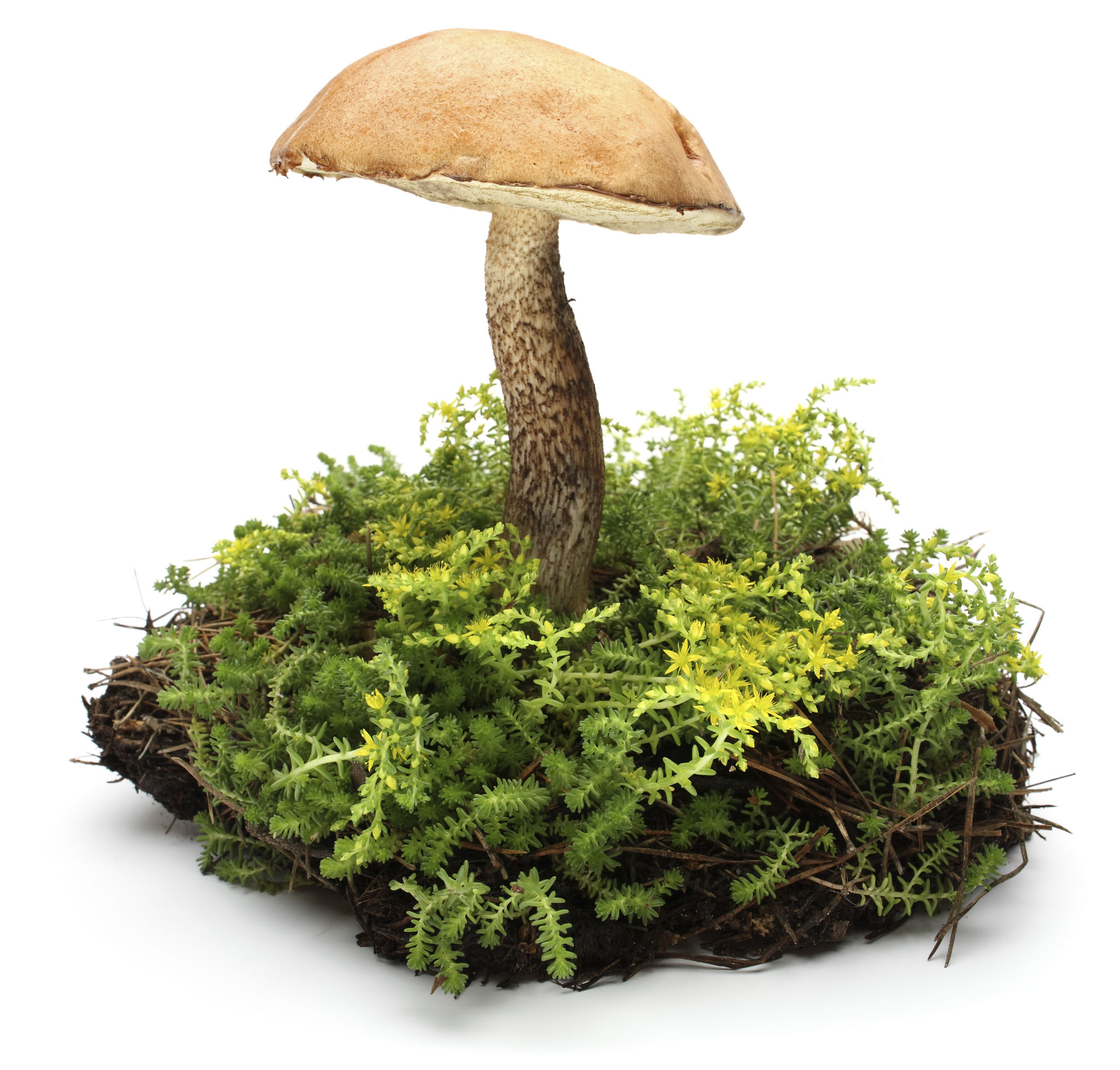Fungi: The Hidden World and Its Influence on Our Lives
Co
Introduction to the World of Fungi
Fungi are often overlooked in the natural world, yet they play a crucial role in maintaining ecological balance. These mysterious organisms, which include mushrooms, molds, and yeasts, are neither plants nor animals. They form their own kingdom and possess unique characteristics that have a profound impact on our environment and daily lives. Medicinally, fungi have contributed significantly to healthcare. The discovery of penicillin from the Penicillium mold revolutionized medicine by introducing the first antibiotic, saving countless lives. Today, fungi continue to be a source of new drugs for treating various diseases, including cancer and infections.

The Ecological Importance of Fungi
In ecosystems around the world, fungi act as natures decomposers. They break down organic matter, recycling nutrients back into the soil and supporting plant growth. This process is essential for maintaining the health of forests and agricultural lands. Without fungi, dead matter would accumulate, and nutrient cycles would be disrupted.
Furthermore, fungi form symbiotic relationships with plants through mycorrhizal associations. These partnerships enhance plant nutrient uptake, improve soil structure, and increase resistance to disease and drought. In fact, most terrestrial plants depend on these fungal networks for survival.
Fungi in Food and Medicine
Fungi have been integral to human diets and medicine for centuries. Edible mushrooms, such as shiitake and portobello, are not only delicious but also packed with nutrients like vitamins, minerals, and antioxidants. Yeasts, another type of fungi, are essential for baking bread and fermenting beverages like beer and wine.

Medicinally, fungi have contributed significantly to healthcare. The discovery of penicillin from the Penicillium mold revolutionized medicine by introducing the first antibiotic, saving countless lives. Today, fungi continue to be a source of new drugs for treating various diseases, including cancer and infections.
The Dark Side of Fungi-When They Become Harmful
While fungi can be incredibly beneficial, they can also pose health risks, especially when they grow uncontrollably. Certain types of fungi, like molds, can release spores that cause allergic reactions, respiratory problems, and even infections. People with weakened immune systems are particularly vulnerable to these harmful effects. Fungal infections like athlete's foot or yeast infections are common, but more serious conditions, such as fungal pneumonia, can also occur, especially in individuals with compromised immunity.
This is where Rife frequency therapy can help. By using specific frequencies, Rife technology targets and eliminates harmful fungi in the body. These frequencies disrupt the fungi’s cellular structures, neutralizing the harmful effects they can have on your health. With Rife frequency, we can restore balance, enhance immune function, and reduce the impact of fungal overgrowth on the body.
This is where Rife frequency therapy can help. By using specific frequencies, Rife technology targets and eliminates harmful fungi in the body. These frequencies disrupt the fungi’s cellular structures, neutralizing the harmful effects they can have on your health. With Rife frequency, we can restore balance, enhance immune function, and reduce the impact of fungal overgrowth on the body.
The Industrial Applications of Fungi
Beyond food and medicine, fungi have found applications in various industries. In biotechnology, fungi are used to produce enzymes for detergents, biofuels, and bioplastics. Their ability to break down complex compounds makes them valuable in waste management and pollution control.
- Bioremediation: Fungi can degrade pollutants in contaminated soils and water.
- Textile production: Fungal dyes offer a sustainable alternative to synthetic dyes.
- Construction materials: Mycelium, the vegetative part of fungi, is used to create eco-friendly building materials.

The Future of Fungal Research
The potential of fungi is vast and largely untapped. Researchers are exploring ways to harness their abilities for innovative solutions in various fields. With advances in genomic technologies and a growing interest in sustainable practices, the future looks promising for fungal research.
As we continue to uncover the secrets of fungi, it becomes clear that these organisms hold the key to addressing some of our most pressing environmental and societal challenges. By embracing the hidden world of fungi, we can unlock new opportunities for a healthier planet.